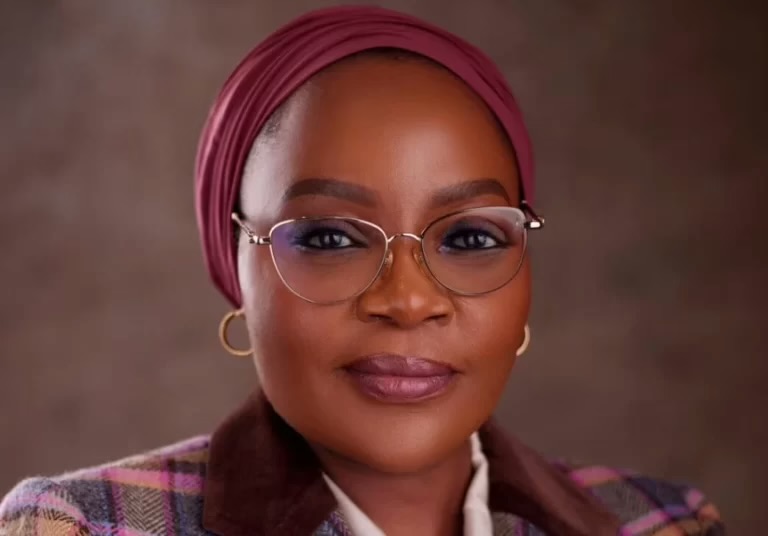
The Executive Secretary of the Universal Basic Education Commission (UBEC), Aisha Garba, has raised the alarm over the deepening crisis in Nigeria’s education sector, describing it as one of “great magnitude” that demands urgent, coordinated action from all stakeholders.
Speaking in Abuja at a high-level stakeholders’ meeting co-hosted by the Nigeria Governors’ Forum (NGF) and UBEC, Garba highlighted the dual challenges of an escalating number of out-of-school children—estimated at 20 million by UNESCO—and a growing learning crisis where even enrolled pupils lack foundational literacy and numeracy skills.
“Our country is facing an education crisis of great magnitude,” Garba warned. “Millions of Nigerian children remain out of school, while many of those enrolled are not acquiring the basic skills essential for lifelong success.”
She noted that the education challenges, if left unresolved, threaten not only the future of individual children but also the nation’s broader development goals. “These gaps are not just academic—they represent lost opportunities, widened inequality, and weakened national development. The time has come to change this narrative,” she stated.
The meeting brought together governors, education commissioners, policymakers, and development partners—including representatives from the World Bank, the European Union, and UNICEF—who deliberated on strategies to reverse foundational learning failures and reduce the number of out-of-school children across the country.
To address these concerns, Garba unveiled the HOPE-EDU programme, a $552 million initiative launched in partnership with the Federal Government of Nigeria, the World Bank, and the Global Partnership for Education. According to her, the programme represents a bold, multisectoral response to the crisis, designed to foster state-led interventions aimed at improving basic education outcomes.
“Through the HOPE-EDU programme, we are responding with the urgency this crisis demands. This bold and strategic initiative will bridge learning gaps and get more children back in school,” Garba declared.
The event also served as a forum for state leaders to assess current education policies and explore scalable solutions, including the use of educational technology (EdTech), to enhance learning delivery and access.
Minister of State for Education, Prof. Suwaiba Said Ahmed, reiterated the Federal Government’s commitment to transforming the sector under President Bola Tinubu’s Renewed Hope agenda. She assured that existing reforms are being strengthened to ensure a more robust and inclusive education system.
“We are committed to revamping the education sector to meet the demands of today and the future,” Prof. Ahmed said, emphasizing that the Renewed Hope agenda is already being implemented through various agencies of the ministry.
The stakeholders’ dialogue featured roundtable sessions where state education commissioners and State Universal Basic Education Board (SUBEB) chairmen interacted directly with international partners to identify bottlenecks and unlock new opportunities for collaboration.
Participants unanimously agreed that the meeting marked a turning point for the nation’s basic education system, with the hope that it would lead to the establishment of a permanent support hub to provide continuous access to data-driven strategies for education reform.
“This isn’t just another workshop,” one participant noted. “It’s a defining moment to reclaim the promise of education in Nigeria.”
The ultimate goal, as echoed by stakeholders, is to build a locally-driven, accountable education system that ensures no Nigerian child is left behind.
The post Nigeria’s education sector facing crisis of great magnitude — UBEC boss appeared first on Akelicious.










